Table of Contents
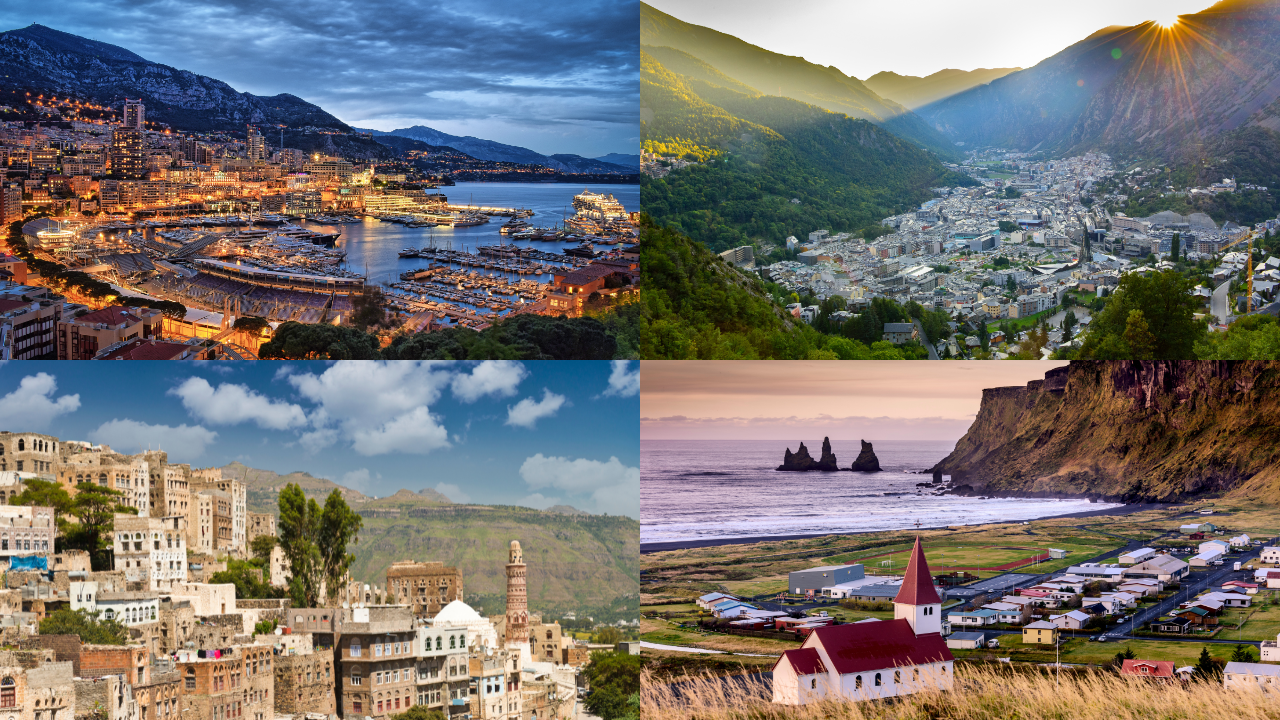
Railways are often considered the backbone of transportation in many countries, providing efficient and cost-effective means of moving people and goods. However, some countries have never developed a railway network or have dismantled existing ones due to various geographical, economic, and political reasons. Here’s a look at eight countries that currently have no railway systems.

Bhutan
Nestled in the Eastern Himalayas, Bhutan is known for its stunning landscapes and unique culture. The country's rugged terrain and commitment to preserving its environment have made the construction of railways challenging. Instead, Bhutan relies on a network of roads for transportation. The government has focused on developing a robust road infrastructure, including highways connecting various parts of the country. Bhutan's small population and emphasis on sustainable tourism have contributed to the absence of a railway network.

Iceland
Iceland is renowned for its dramatic natural beauty, featuring volcanoes, geysers, and glaciers. Despite its small population and extensive road network, the country lacks a railway system. The harsh weather conditions and geographical features make it difficult to build railways. Instead, Icelanders use a network of roads and fly for longer distances, with buses connecting various towns and cities. The focus on maintaining the pristine environment and the limited demand for rail transport further discourage the development of a railway system.
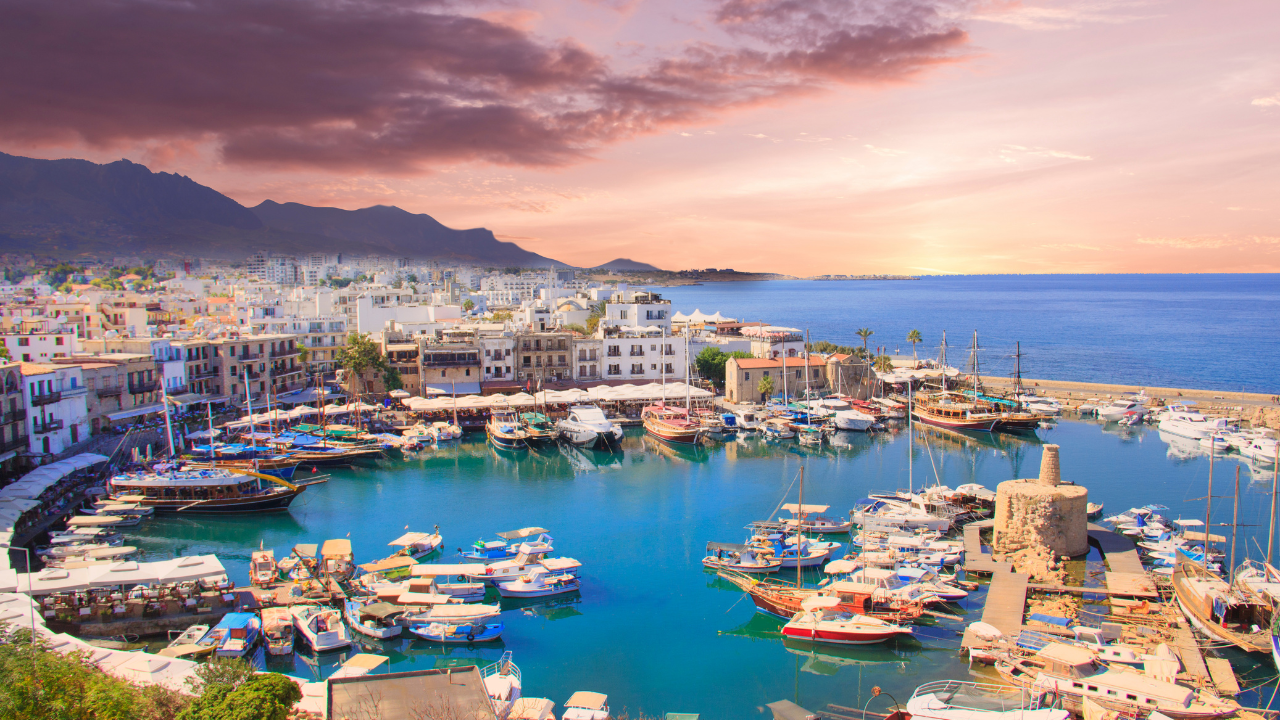
Cyprus
Cyprus, an island nation in the Eastern Mediterranean, once had a railway network during British colonial rule. However, after independence in 1960, the railway system was gradually phased out, and today, Cyprus has no operational railways. The country primarily relies on an extensive road network for transportation. The compact size of the island and its urban development have made buses and cars the preferred modes of transport for both locals and tourists.
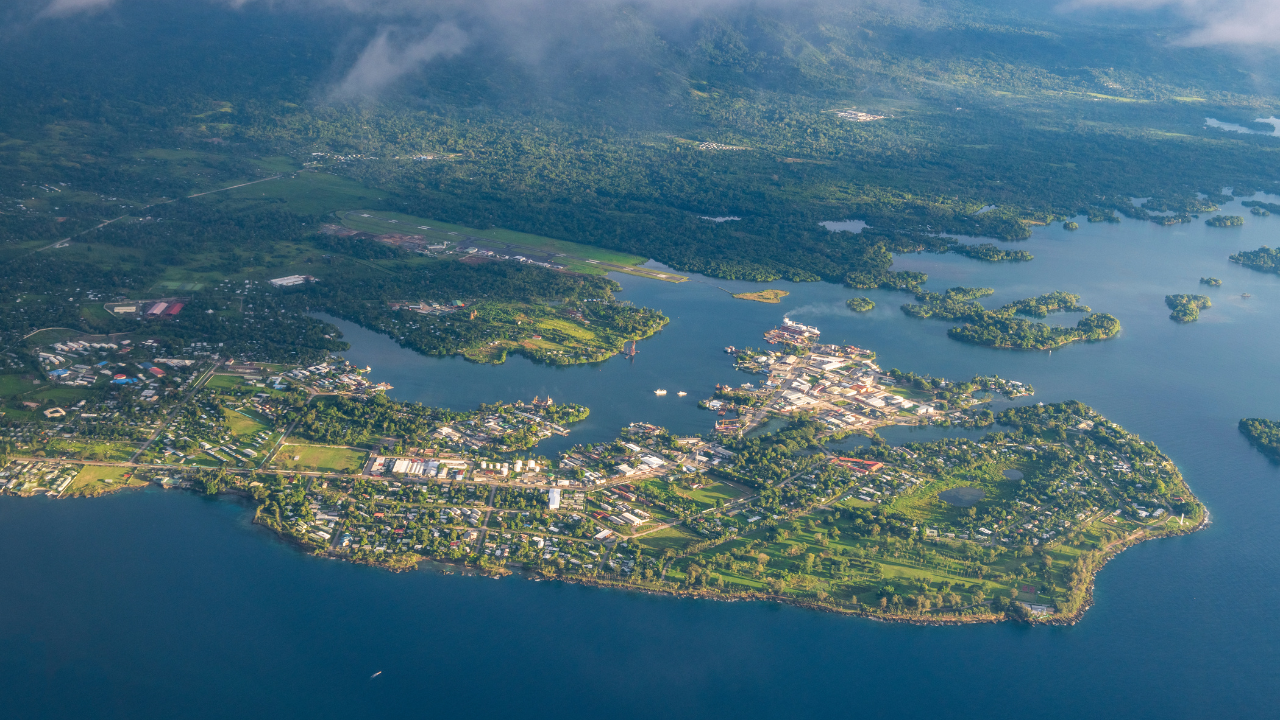
Papua New Guinea
Papua New Guinea is known for its diverse cultures and rugged landscapes. While the country has some rail infrastructure, it is not extensive or functional enough to be considered a railway network. The harsh terrain, which includes mountains and dense jungles, poses significant challenges for railway construction. As a result, Papua New Guinea relies heavily on road transport, coastal shipping, and air travel to connect its many islands and remote communities. The limited population density in certain areas makes extensive railway development economically unfeasible.
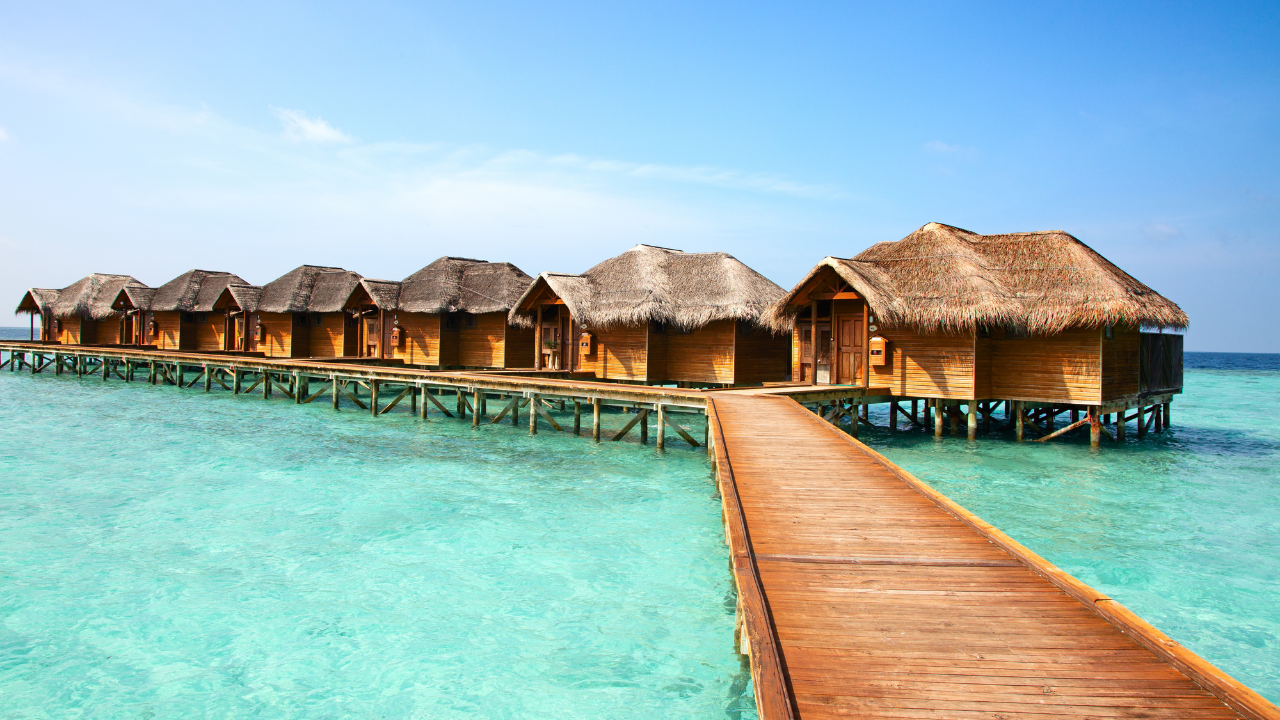
Maldives
The Maldives is a tropical paradise made up of 26 atolls and over 1,000 islands. Due to its unique geographical makeup, building a railway network is impractical. The Maldives relies on boats and ferries to connect its islands, with air travel being a primary mode of transportation for longer distances. The government has focused on developing airports and seaports to support tourism and transportation needs, making a railway system unnecessary.
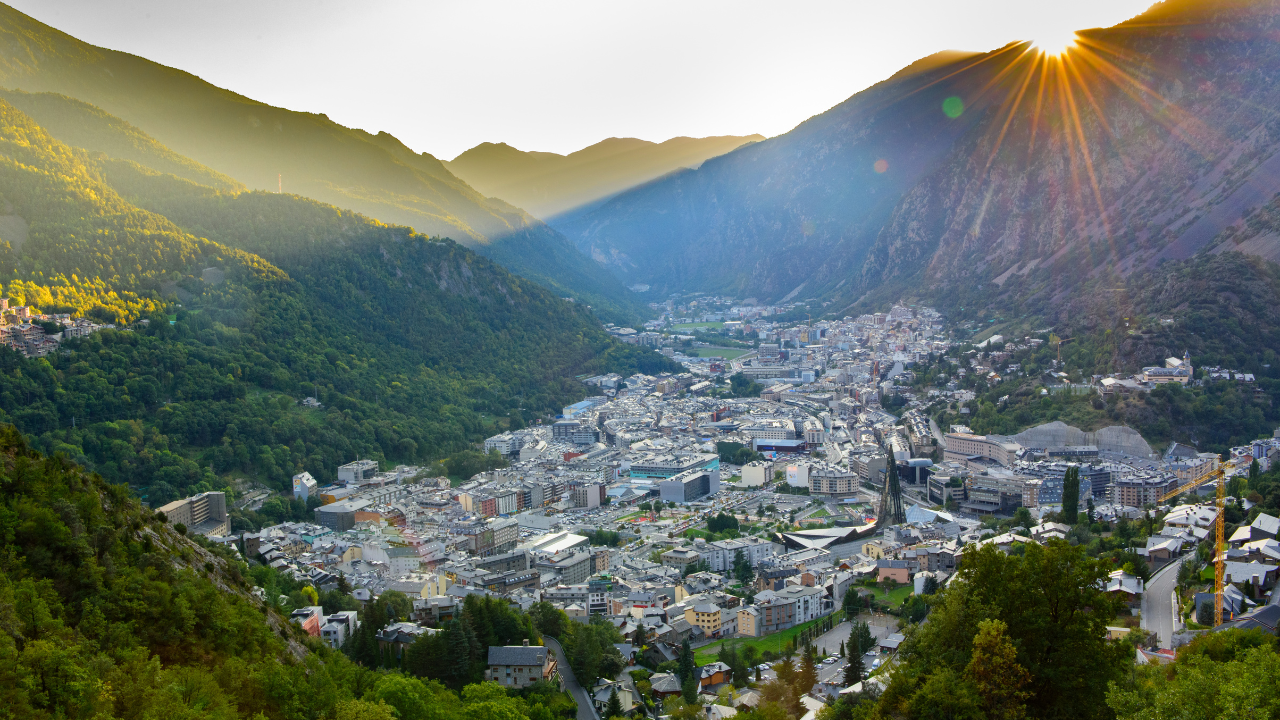
Andorra
Andorra, a small landlocked country situated in the Pyrenees mountains between France and Spain, has no railway network. The country’s mountainous terrain and small population make it challenging to develop railways. Instead, Andorra relies on a network of roads for transportation, with buses connecting various towns. The focus on tourism has led to the development of a well-maintained road infrastructure that serves both residents and visitors, making rail transport unnecessary.

Monaco
Monaco, a tiny city-state on the French Riviera, is known for its luxury and wealth. Given its small size and high population density, there is no need for a railway network. Monaco relies on a well-developed road system, including tunnels and elevators, to facilitate transportation within the city. The compact nature of Monaco means that most places can be reached easily on foot or by using public transport like buses and taxis, eliminating the necessity for railways.
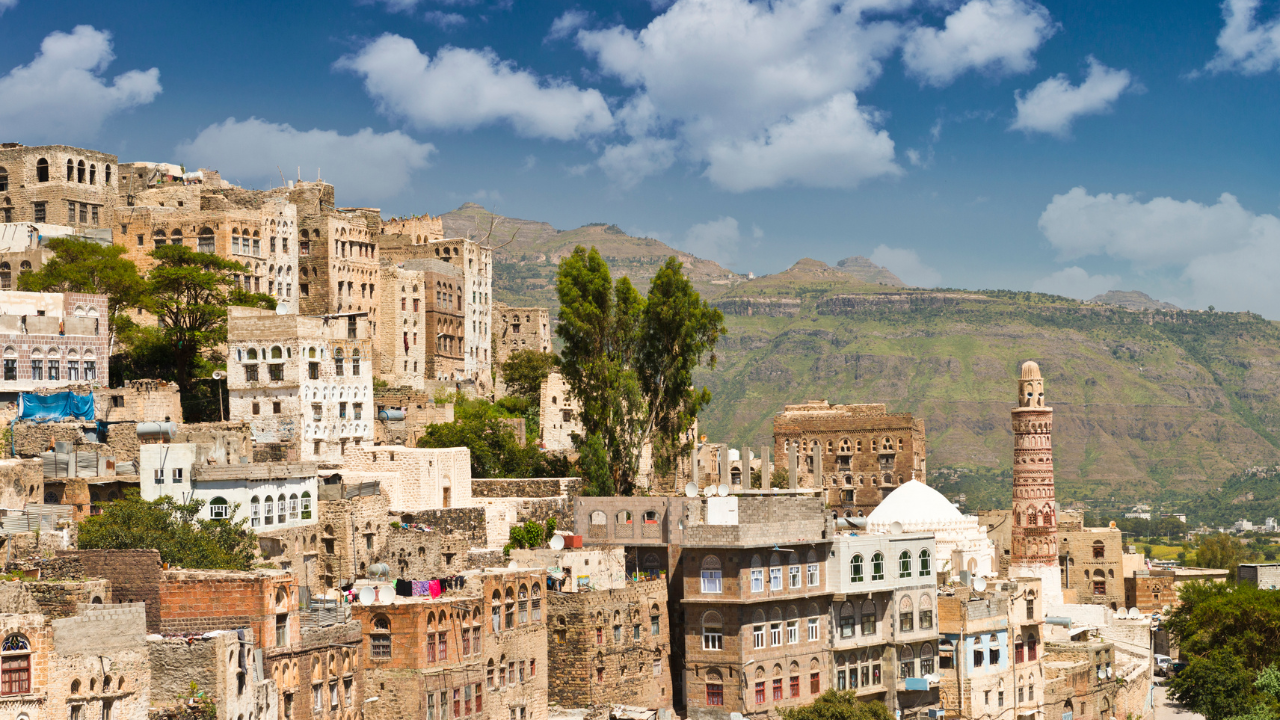
Yemen
Yemen has a long history and rich culture but currently has no functioning railway network. While there were some railway lines in the past, political instability and ongoing conflict have led to their deterioration. The country relies on road transport for both passenger and freight movement. The challenging terrain and lack of investment in infrastructure have made it difficult to develop an extensive railway system, further complicating transportation in the region.

